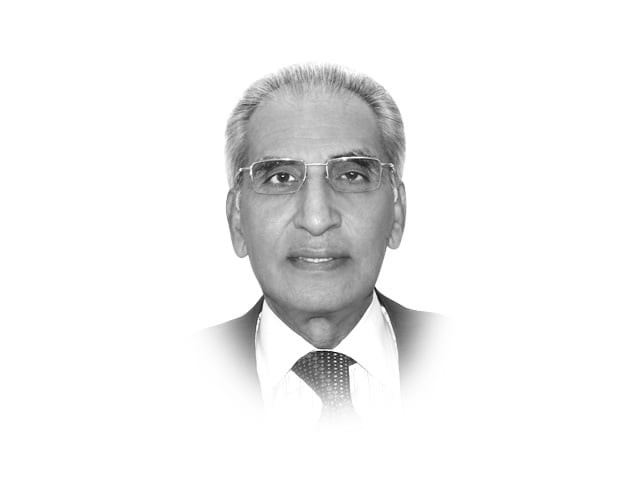Imperial impulses on Libya
The West would do well to restrain its imperial impulses and to ensure a peaceful transition.

Imperial impulses on Libya
US President Barack Obama has so far hesitated to succumb to pressure from Republicans and neocons who want the US to take the lead in overthrowing Qaddafi, if need be, by launching an armed invasion. Defence Secretary Gates, too, has demonstrated sensitivity to the likely fallout of such a reckless adventure, commenting that those advocating sending troops to another Asian or African country need to have “their heads examined”.
But pressure on Obama to prove his national security credentials by his readiness to use force is mounting. To placate his critics, Obama announced that Secretary Clinton would meet this week with rebel representatives in Cairo and also send a US aid team into the rebel-held area, moves that indicate growing support for the rebels. But the US has shied away from recognition of the rebels’ Transitional National Council as Libya’s legitimate government. Clinton also emphasised that without international authorisation, the US could not enter into the fray, as this would have “unforeseeable consequences”. Gates, too, reaffirmed that no military action would be taken without a UN Security Council resolution. This ‘debate’ is not surprising, as most American presidents (other than junior Bush) have wrestled with the ever-present dilemma of having to choose between ‘pragmatism’ and ‘idealism’. While Obama’s personal inclination may favour his being a ‘transformative historical figure’, what he decides to do in Libya and later in Bahrain, and possibly at some stage in Saudi Arabia, will come to define his presidency.
No such hesitation is, however, to be seen in UK Prime Minister David Cameron and French President Nicolas Sarkozy, who are raring to have a go at Libya. But other European governments are worried over the prospect of getting entangled in another Muslim country, as reflected in German Foreign Minister Westerwelle’s remark: “We don’t want to get sucked into a war in North Africa”.
On the issue of a ‘no-fly zone’ as well, there is some confusion within the ranks of the EU and Nato. Though both Britain and France favour this strongly, others are adopting a cautious attitude. Even Nato Secretary General Rasmussen, no pacifist either, has warned that Nato “will need a clear basis for any action”. But the French president and the British prime minister suffer no such fears. To them, any initiative to resurrect their great power ambitions is legitimate. Sarkozy’s decision to recognise the Benghazi-based National Libyan Council not only surprised other EU leaders, but his own foreign minister as well!
Even by the standards of the region, Libya is peculiar in that there is no distinction between state and regime. Qaddafi has built a power structure centred around his family and dependent on tribal alliances, which explains why the country appears to be dividing along tribal lines, with some seeing it as a revolution, while others call it a civil war. A western military intervention, even under the subterfuge of the Arab League-sanctioned ‘no-fly zone’, would be a colossal mistake and counterproductive, as Qaddafi would seek to portray himself as his country’s protector against historic colonial powers. This is also likely to further enrage Muslim opinion, providing a bonanza to the militants.
The scale and speed of events in North Africa and the Middle East have caught the major powers off-guard, with some concerned with human rights, while others scramble to protect their interests in a fast-evolving situation. There are no easy answers to deal with the emerging challenges, which are political, economic and even human. The West would do well to restrain its imperial impulses and, instead, rely on diplomatic measures, taken in collaboration with Libya’s neighbours and with UN legitimacy, to ensure a peaceful transition.
Published in The Express Tribune, March 16th, 2011.

















COMMENTS
Comments are moderated and generally will be posted if they are on-topic and not abusive.
For more information, please see our Comments FAQ